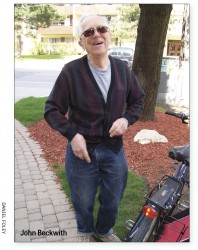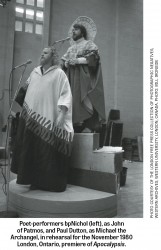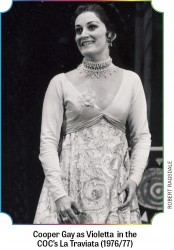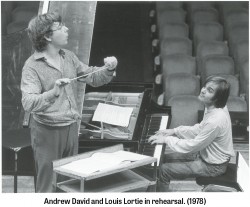Five Festival Fingerprints
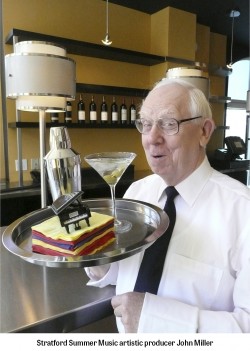 The summer music festival can be a bit of a mystifying concept. At just the time of year when you would expect most concert performers to pack up their instrument cases and head to the cottage, there is, across the country, a sudden eruption of summer music-making branded as “festival season” – a phenomenon often put together by people who work throughout the year and around the clock to make it happen. And yet, despite all the similarities (weekend getaways, specially-themed concert series, multi-arts celebrations and educational initiatives), you’d be hard-pressed to find two festivals in any given summer that appear to be cut from the same cloth.
The summer music festival can be a bit of a mystifying concept. At just the time of year when you would expect most concert performers to pack up their instrument cases and head to the cottage, there is, across the country, a sudden eruption of summer music-making branded as “festival season” – a phenomenon often put together by people who work throughout the year and around the clock to make it happen. And yet, despite all the similarities (weekend getaways, specially-themed concert series, multi-arts celebrations and educational initiatives), you’d be hard-pressed to find two festivals in any given summer that appear to be cut from the same cloth.
So what exactly is a summer music festival, and, apart from the fact that it’s in the summer, what are some of the factors that give each its unique fingerprint – keeping audiences and organizers alike coming back for more? Make no mistake – increasingly, music festivals are more than just blips on the regular musical calendar. These summer events have a particular capacity for going above and beyond the constraints of the average concert series, offering up an experience that is not only carefully curated but musically unique. And who better than some of the people who do that curating to talk about the unique characteristics of the festivals they shepherd into being?


